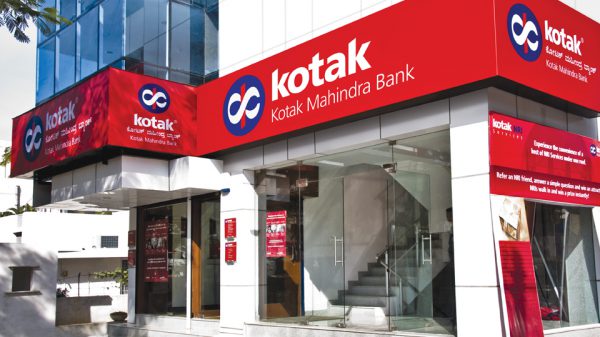 Download MediaNama’s free Digital Payments in India report here.
Download MediaNama’s free Digital Payments in India report here.
What just happened? New Rs.500 or Rs.2000 notes will replace the role of the old Rs.500 or Rs.1000 notes. Large value notes will not go away. This is a surgical strike against the people who have inventories of the old notes that can’t be shown to the authorities. Those people will find ways to fence those suitcases of cash, and suffer monetary loss in the process.
How do we interpret this move?
1. Unaccounted money is not synonymous with cash. Contrary to the depictions in movies, a lot of unaccounted money works through front companies which have bank accounts. It’s not correct to equate corruption and tax evasion with physical cash. The impact of this move upon the black economy is smaller than we think.
2. Money is the lubrication that makes the market economy possible. In the short run, this will be a disruption for cash-intensive business models. The Wednesday (9 November) stock market returns of various firms and industries will pick up this disruption. As an example, the real estate business will suffer. Firms which have built a business model which does not involve cash will fare better. If, in the same industry, you have two firms where one uses cash less than the other, this will show up in the stock market returns. Similarly, if this disrupts the working of criminal organisations in the short run, perhaps there may be some impact visible in the crime data.
3. The impact upon corruption will be small. Controlling corruption is not about blocking access to a non-traceable store of value. There will always be precious metals, US dollars, bitcoin, and jars of Tide. The facts on the ground could potentially evolve where women on the street ignore the government and continue to use 500 and 1000 rupee notes as a tool for achieving transactions. As long as people agree to use something as a currency, this suffices at a practical level, even without the State enforcing it as legal tender. Solving the problem of corruption requires deeper changes to institutions.
When the sources of corruption are unchanged, people will require some methods to achieve transactions. To the extent that people in India build business processes and business models that de-emphasise the use of Indian currency, that will increase the cost of doing business, and reduce the seigniorage income of the government..
4. This will not take us closer to the cashless world. This could be viewed as a way of pushing the post-cash electronic payments world forward. However, the institutional foundations of the new world have to be laid, and only at the tail end of that process, a certain use of coercion works okay.

As an example, NSDL was inaugurated in late 1996 and the entire machinery was working, all over India, well before the first mild SEBI coercion pushing people towards dematerialisation took place. The lockstep of those years — of building good institutions and then gently using some coercion to favour the new world — is the role model that we should apply on the migration to cashless. With the Indian payments industry, there are basic failures of the reforms, so the institutional infrastructure is not in place. Today’s coercion to push people away from cash will not lead them to electronic payments as the latter is not ready to receive them.
5. What do we know from past experience? India did this in 1978, and there was no disruption in the economy, but at the time, the rupee value of the currency notes which were denotified was small (Rs.160 crore). There are some international experiences where this worked badly. Burma did this in 1987, and got to riots and a coup in 1988.
*
Ajay Shah studied at IIT, Bombay and USC, Los Angeles. He has held positions at the Centre for Monitoring Indian Economy, Indira Gandhi Institute for Development Research and the Ministry of Finance. He now co-leads the Macro/Finance Group at NIPFP in New Delhi. He does academic and policy-oriented research on India, at the intersection of economics, law and public administration. His work can be accessed on his home page (http://www.mayin.org/ajayshah) and on the blog
http://ajayshahblog.blogspot.com
Crossposted from here.
*
To contribute your views to MediaNama, please see our guidelines.




























